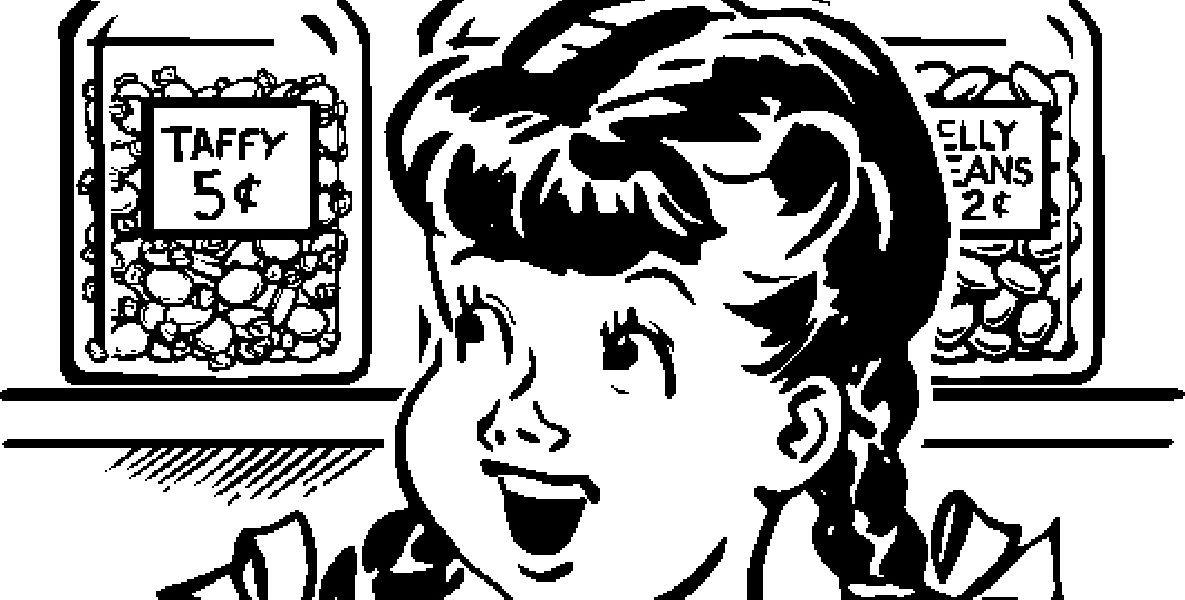Food & Drink
Why Do We Like Sweets?
Biologically, it may just be our nature.
Ever since the discovery of sugarcane in New Guinea in 6,000 B.C.,
our fixation with sugar has been both a complex source of woe (we’ve
been known to cry in the face of a perfect chocolate mousse) and
worship. (We bow to the altar of fudge.)
So why is it that even
long after we’ve eaten past the point of satiation, the taste of
sweet—be it from candy, cookies, or cake—holds sway? “There’s a
biological imperative of why we crave sugar and fat,” explains Diana
Sugiuchi, a registered dietitian and licensed nutritionist with the
Baltimore-based Nourish Family Nutrition. “They give us quick energy,
which, when we were evolving as a species, was a very good thing. Our
brains are biologically programmed to seek out sweets. Eating sweets
activates the same receptors in your brain that morphine and heroin do,
but it’s easier to get your hands on chocolate.”
Although we may
be inclined to seek out sweets, not everyone develops a sweet tooth. “We
can taste sweetness at an early age and detect sweetness, but that’s
not craving” says Benjamin Caballero of The Johns Hopkins Global Center
on Childhood Obesity. “Many studies show that whether you like sweets
depends on whether your parents consumed them.”
If you do indulge,
moderation, not deprivation, is the key, says Sugiuchi. “Some people
think you shouldn’t have any sugar at all, but I’m not the food police,”
she says. “I tell my clients to build a savings account of treats into
their week and budget for the times they are going to have sweets to
help them have a normal relationship with sugar. Treats shouldn’t be
nutritious—they should just be something you totally love.” Pass the
cake, please.
